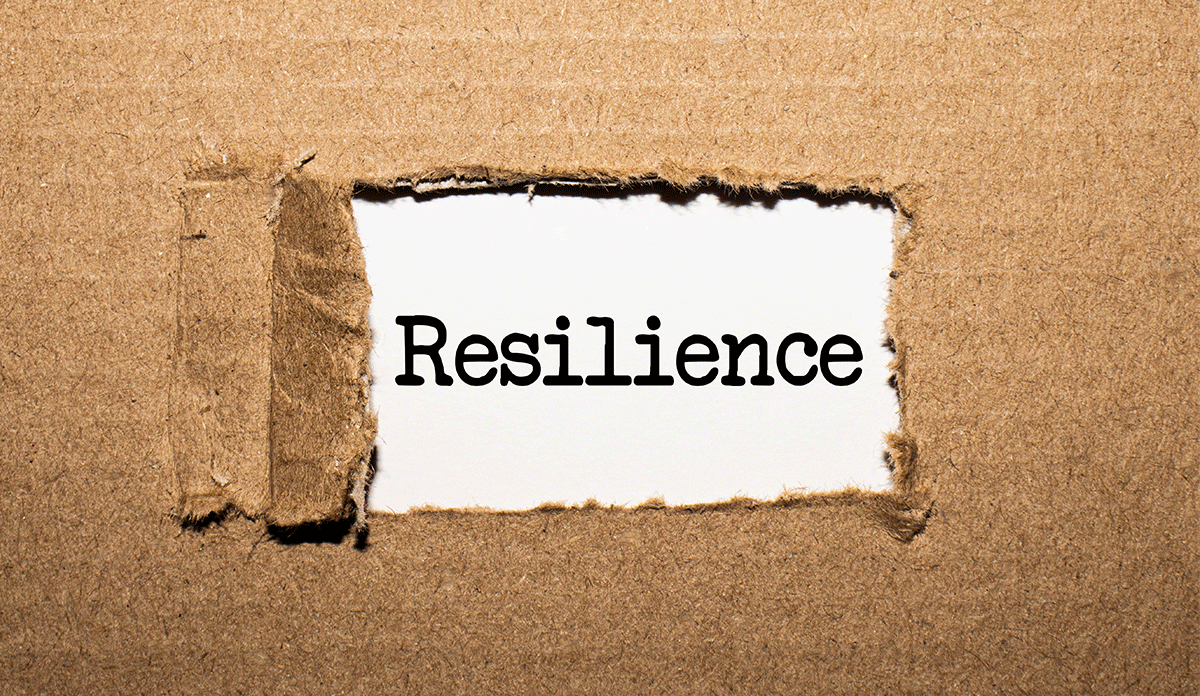Fall down seven, stand up eight. The Japanese proverb depicts resilience, our ability to persevere through hardships. For children, resilience plays an especially important role in combatting the negative effects of the pandemic, losing the sanctuary of school or spending time with friends.
Severe adverse childhood experiences (ACEs) include parent separation, family dysfunction, economic hardship, abuse, and neglect. ACEs often induce sustained stress and are associated with many negative health outcomes. Depression is especially common. A recent study found that about 1 in 4 children and adolescents who experienced adverse events demonstrated clinical signs of depression. This is significant as those who become depressed in childhood often experience recurring depressive episodes in adulthood.
Resilience is paramount in overcoming adversity. Characteristics of resilience include patience, optimism, humor, and faith. The particulars of this arsenal of traits may differ from person to person, allowing individuals to cope with their adversity in a constructive way that helps them persevere. Children who demonstrate resilience in response to adverse experiences are more likely to have better long term physical and mental health than children who cannot.
Positive childhood experiences, such as having supportive relationships and safe, stable environments, can serve as protective armor when children encounter adversity. The more layers of protection, the less likely that ACEs will inflict lasting damage.
Elmore et al. conducted a study observing the relationship between adversity, positive experiences, resilience, and depression in children and adolescents. The team analyzed data from the 2016-2017 National Survey of Children’s Health focused on types of adversity children experienced, positive experiences (“after school activities”, “family solving problems together and remaining hopeful”), resilience characteristics in children (“staying calm and controlled when faced with a challenge”), and depression status.
Children who did not exhibit resilience had almost four times greater odds of depression compared to children with resilience.
The findings suggest that child resilience and supportive environments can reduce the likelihood of depression. Children who did not exhibit resilience had almost four times greater odds of depression compared to children with resilience. Among the children who were depressed, about 30% had experienced four or more ACEs. Depressed children were less likely to display characteristics of resilience or have a family that solved problems together and remained hopeful.
Despite what we know about the importance of positive childhood experiences in building resilience, many pediatricians do not integrate this evidence into their treatment of children experiencing adversity. Once we recognize the urgent need for resilience, we can better implement widespread, resilience-based methods to offer a hand in teaching children how to stand back up when they fall.














